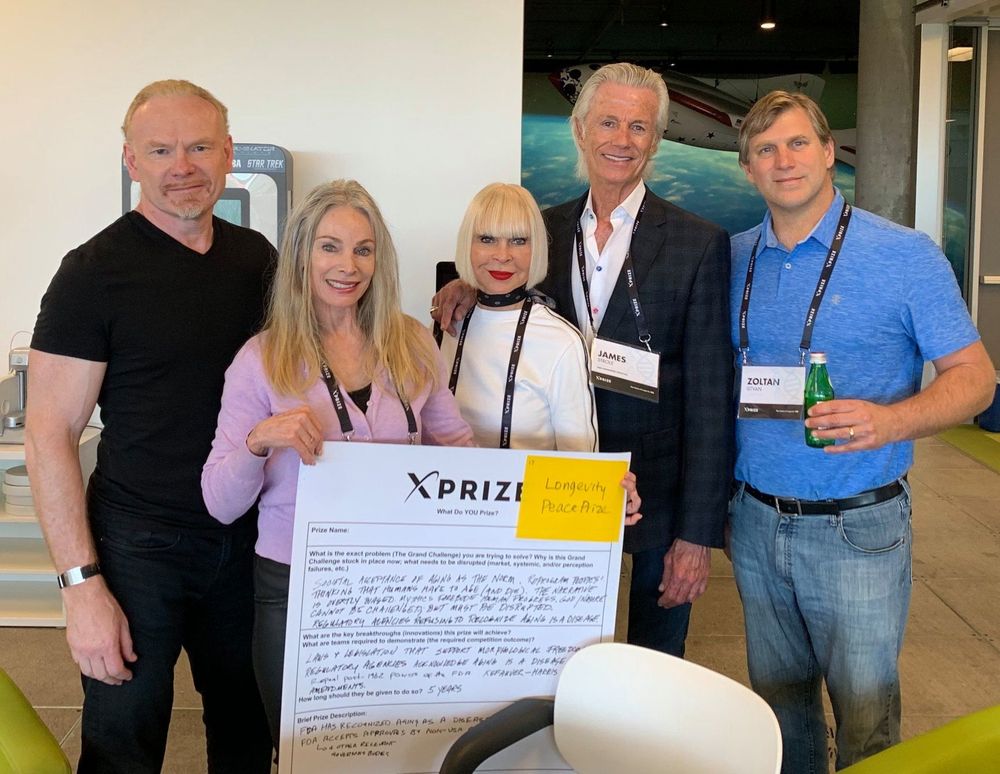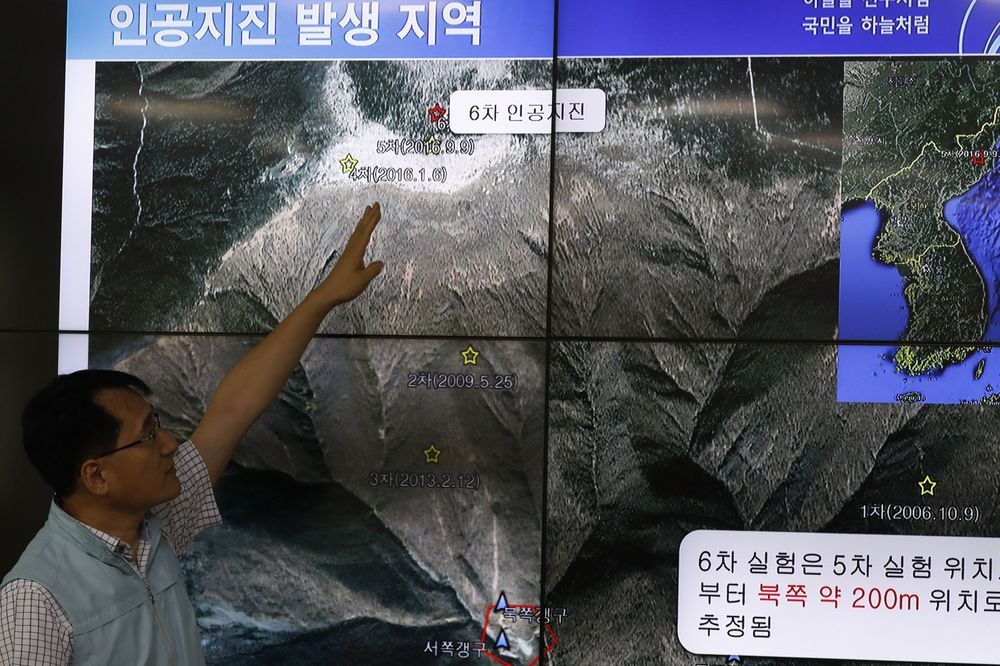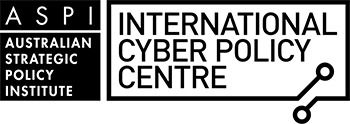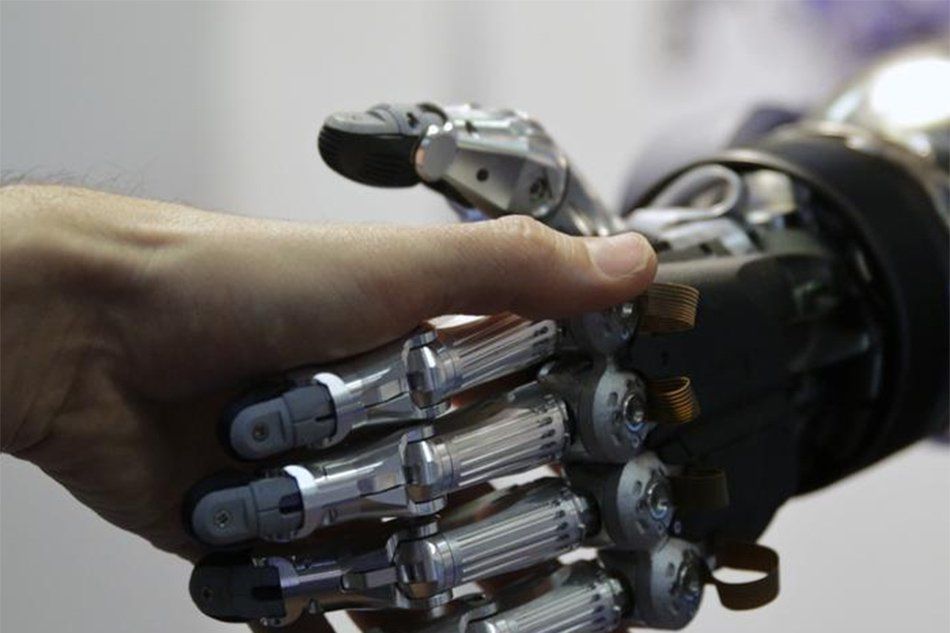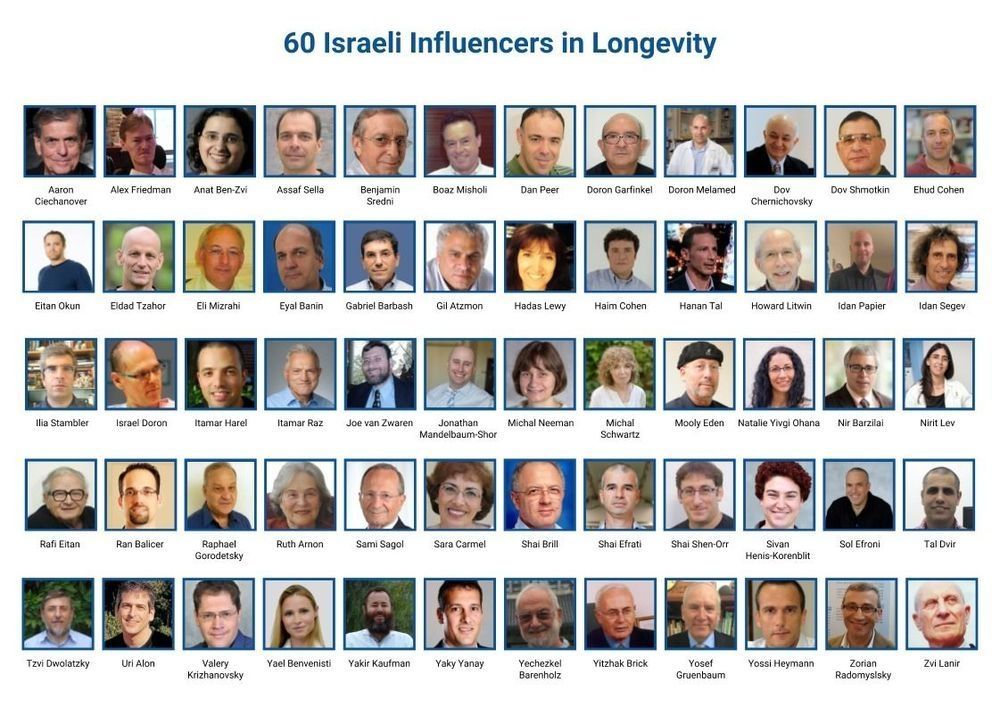From the beginning of the year 2019, the sales of Boox eReaders slightly increase, and so do many other brands such as Kindle, Kobo and Sony. All of them suffered a rapid drop in sales in the previous year but now they are getting back. This may cause by the event that France prohibits students from using smartphones and tablets in schools.
Under the legislation passed in 2018, the French students as old as 15 were not allowed to bring their smartphones as well as tablets to schools from September. The law was originally noted in President Emmanuel Macron’s election campaign. Now, one semester has gone, actually what do folks think to this policy? Earlier than that, France endorsed a blanket smartphone ban for drivers, even those who park at the side of the road, so the further action to school is not that surprising. It seems that the French government is getting realized that the control of electronics use is significant to beat back the encroachment of digital technology in everyday life.


